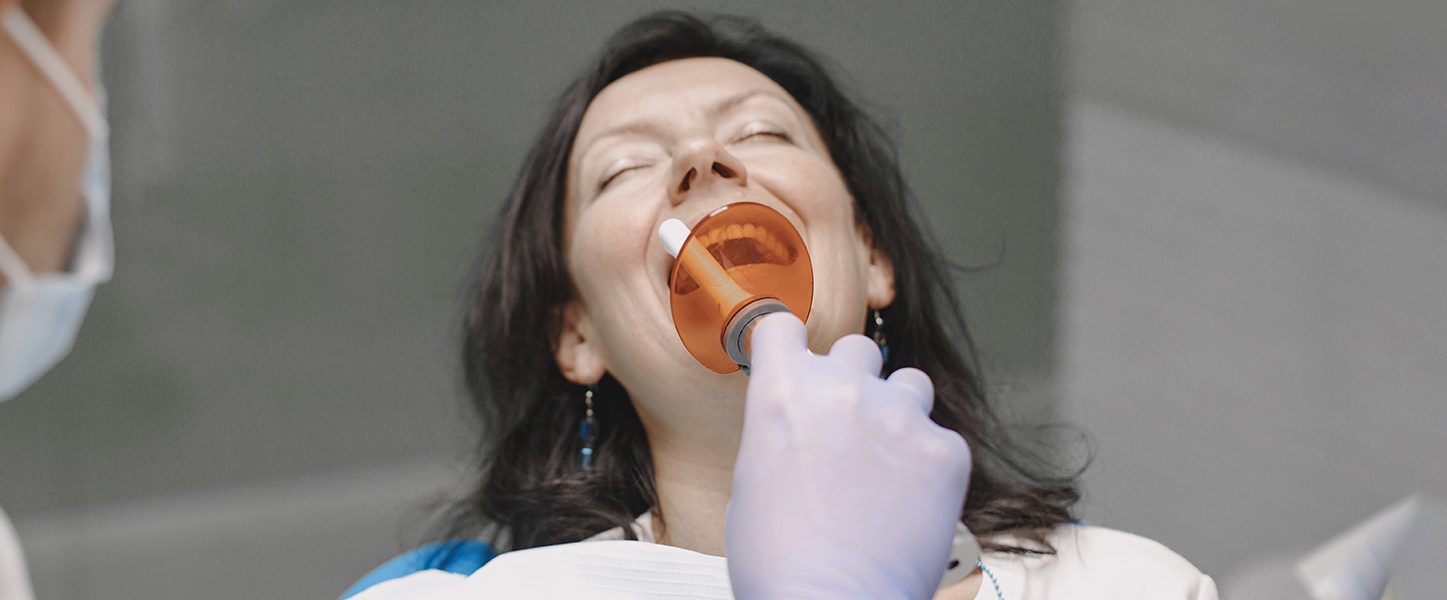How can I say if I have oral cancer symptoms?
May 9, 2025
Early detection makes all the difference. Noticing small changes in the mouth may signal a problem that requires careful attention. This guide offers clear steps to help decide if symptoms point to oral cancer and when to seek professional advice. Combining simple tips, bullet points, and listicles makes this information easy to follow.
Recognizing Early Signs
Pay close attention to everyday changes in the mouth. Unusual sores, patches, or persistent discomfort might be subtle clues that something is wrong. Observing these details plays a crucial role in early detection.
- Look for white or red patches that linger
- Notice any unexplained bleeding or soreness
- Check for numb spots or unusual lumps
These listicles serve as reminders to perform regular self-exams. Taking a few minutes daily to inspect the mouth in a mirror builds a habit supporting prevention. If unusual changes persist, seeking guidance from a trusted professional, such as a dentist near you, is wise.
Understanding Risk Factors
Knowing risk factors adds context to potential symptoms. Factors like tobacco use, high alcohol consumption, and even prolonged sun exposure can increase vulnerability. Awareness of these conditions encourages proactive care.
- Tobacco and alcohol intensify the risk
- Long-term exposure to harmful UV rays also plays a part
- Poor nutrition might weaken natural defenses
Each point reinforces that lifestyle choices affect overall well-being. Recognizing these risk factors helps explain why vigilance in oral care matters. A conversation with a dentist in 85020 can shed light on personal risks and guide further steps.
The Importance of Routine Self-Exams
Simple daily checks can provide early warnings before more severe issues develop. A routine self-exam does not require special equipment—just a mirror and a few minutes each day.
- Inspect all areas inside the mouth
- Notice any changes in color or texture
- Check both the front and back of the tongue
These quick checks empower proactive health management. Establishing this habit reduces uncertainty and builds confidence in recognizing symptoms early on.
Professional Consultation and Diagnosis
When any sign seems out of place, prompt professional consultation becomes essential. Experts perform thorough examinations that often reveal details missed during self-checks. A detailed diagnosis can clarify whether further tests are necessary.
- A thorough visual exam is the first step
- Diagnostic tests may include biopsies or imaging
- A clear explanation of findings supports informed decisions
For tailored advice, visiting a reputable dentist in Phoenix, AZ, ensures that concerns are properly addressed. This direct consultation reinforces that early action often leads to better outcomes.
Maintaining a Healthy Lifestyle
Healthy habits play a key role in reducing the risk of severe conditions. A balanced diet, consistent exercise, and stress management contribute to robust oral tissues. Simple lifestyle adjustments add up over time.
- Eat a nice diet rich in fresh fruits, vegetables, and lean proteins
- Maintain hydration with plenty of water
- Avoid smoking and limit alcohol intake
These practical articles help form a daily routine that protects against various health issues, including oral cancer. When a lifestyle change becomes necessary, a discussion with a dental clinic in Phoenix, AZ, can offer personalized advice that fits daily routines.
The Role of Regular Check-Ups
Professional check-ups complement daily self-care. Routine visits allow experts to monitor changes over time and provide preventive treatments. Regular exams act as an extra layer of protection.
- Schedule biannual appointments for routine cleanings
- Professional exams catch early symptoms that might be overlooked
- Continuous monitoring builds a strong record of oral health
Consulting with a TMJ specialist near you when experiencing jaw discomfort can also offer insights into any underlying issues that might be related to broader oral health concerns.
Practical Steps for Daily Oral Care
Incorporating good oral habits into daily life makes a significant impact. Simple actions reduce the risk of problems and support overall health.
- Brush twice daily with fluoride toothpaste
- Floss daily to remove particles from between teeth
- Use an antiseptic mouthwash to control bacteria
These routine steps serve as listicles—small, memorable actions that add up to lasting care. Consistency in these practices forms a foundation for strong oral tissues and lowers the risk of complications.
Recognizing When Further Action Is Needed
Even with careful daily care, some changes may require professional evaluation. Persistent symptoms, such as chronic pain or non-healing sores, signal the need for additional attention.
- Record any symptoms that last longer than two weeks
- Note any changes that affect eating or speaking
- Prepare questions for the next visit to a professional
Taking these steps ensures that nothing is overlooked. A follow-up at a reliable oral health center can provide great clarity and guide the next steps. Keeping a journal of observations makes discussions with providers more detailed and productive.
Understanding Treatment Options
If oral cancer is suspected, early treatment can be life-changing. Various options exist depending on the stage and severity of the condition. Early treatment often means more straightforward procedures and a better outlook.
- Surgery might remove the affected tissue
- Radiation therapy can target the remaining cancer cells
- Chemotherapy sometimes complements other treatments
Each treatment option has benefits and challenges. A clear conversation with a trusted dental office helps set expectations and provides direction for recovery. Understanding these options builds confidence in making informed choices.
Final Thoughts
The journey toward nice and better oral health starts with small, mindful steps. Let each observation and professional consultation guide the way to lasting care. Dental Therapy supports each decision with expert advice and personalized care. With knowledge and proactive measures, confidence in oral health grows every day.
Every step counts in the journey toward well-being. Stay vigilant, take action when needed, and build a healthier tomorrow with informed decisions and continuous care.

Dr. Tahany Whiting, DMD.
Dr. Whiting is a dedicated Arizona native who combines clinical excellence with a warm, patient-focused approach. After earning her Doctorate in Dental Medicine from Midwestern University, she is passionate about educating patients and customizing treatment plans.
Her mission is simple: to treat every smile with thoughtful, evidence-based care and compassion.
Why patients choose Dr. Whiting:
- Over 10 years of experience in General & Biologic Dentistry
- Graduate of Midwestern University College of Dental Medicine (DMD, 2014)
- Member of AAID, AGD, IABDM, and ICOI
- Attends advanced training and international dental conferences regularly
